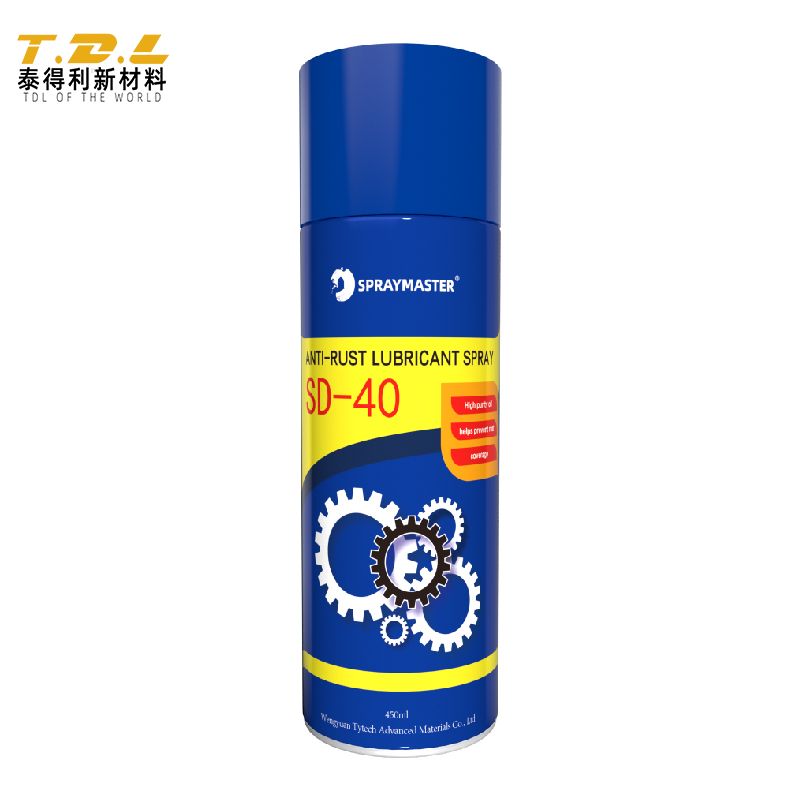Choosing the Best Rust Preventive Lubricant: Factors to Consider
Selecting the optimal rust preventive lubricant requires a thoughtful evaluation of various factors to ensure effective protection against corrosion. Different lubricants offer distinct advantages depending on the application, environment, and type of metal involved. Here are some considerations to help you choose the best rust preventive lubricant:
1. Composition: Look for lubricants that contain rust inhibitors such as corrosion-resistant additives. These additives create a protective barrier on the metal's surface, preventing the contact of moisture and oxygen that lead to rust formation. Common additives include zinc, molybdenum disulfide, and various types of anti-corrosion chemicals.
2. Longevity: Choose a lubricant with long-lasting protection. Some lubricants form a resilient film that adheres well to the metal surface, providing extended defense against rust even in harsh conditions.
3. Compatibility: Ensure that the chosen lubricant is compatible with the specific type of metal you intend to protect. Different metals may react differently to various lubricants, so it's essential to select a product that suits the intended application.
4. Environment: Consider the environment in which the lubricant will be used. If the metal will be exposed to high humidity, moisture, or corrosive chemicals, opt for a lubricant with robust rust-preventive properties that can withstand these challenges.

5. Application Method: Evaluate the ease of application. Spray-on lubricants are convenient for covering large areas and penetrating tight spaces. Greases or pastes may be more suitable for components that require heavy-duty protection, such as machinery exposed to extreme conditions.
6. Lubrication Properties: While rust prevention is essential, don't overlook the lubrication properties of the chosen product. An ideal rust preventive lubricant should not only protect against rust but also reduce friction and promote smooth movement of mechanical parts.
7. Cleaning and Removal: Consider how easy it is to clean and remove the lubricant when needed. Lubricants that can be easily cleaned before painting or welding can save time and effort during maintenance.
8. Application Area: The application area also matters. For example, firearms, tools, and outdoor equipment may require specialized rust preventive lubricants tailored to their unique demands.
9. User Reviews and Recommendations: User reviews and recommendations from trusted sources can provide valuable insights into the effectiveness of different rust preventive lubricants. Learning from the experiences of others can help you make an informed decision.
10. Brand Reputation: Opt for well-established brands known for their quality products. Reputable brands often invest in research and development to create rust preventive lubricants that offer superior performance.
In Conclusion: The best rust preventive lubricant depends on a combination of factors, including the intended application, type of metal, environmental conditions, and ease of use. Prioritize products that offer both rust prevention and effective lubrication, as well as those that are compatible with your specific needs. Ultimately, taking the time to research and select the right lubricant can lead to enhanced protection against rust and extended life for your metal components.

Comments
0